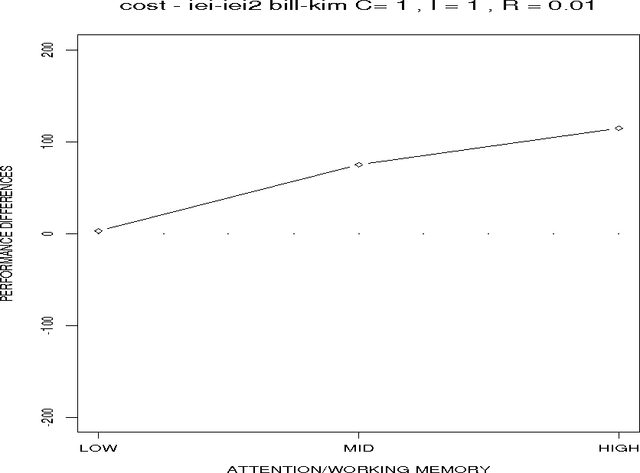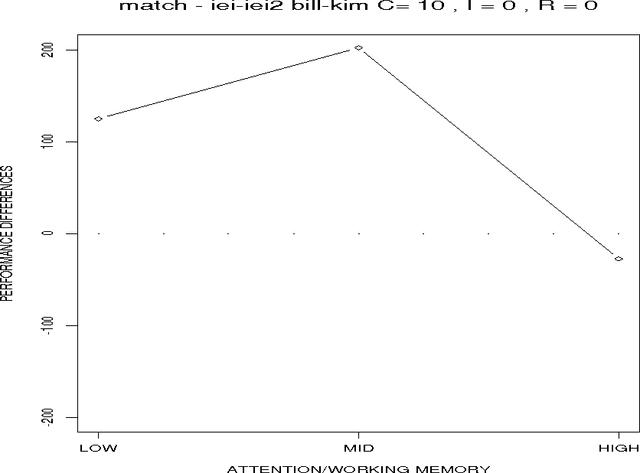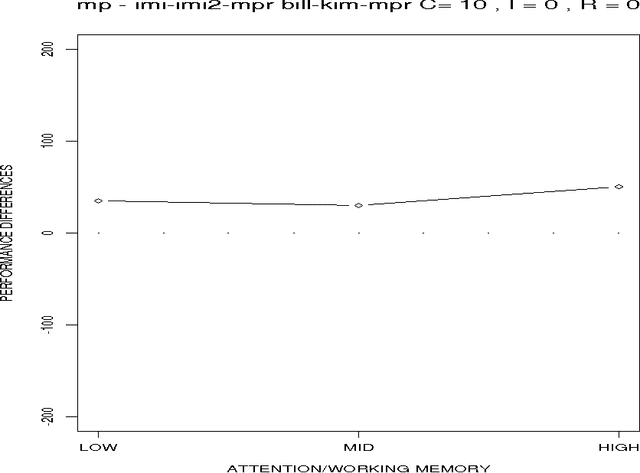The Effect of Resource Limits and Task Complexity on Collaborative Planning in Dialogue
Paper and Code
Nov 15, 1995


This paper shows how agents' choice in communicative action can be designed to mitigate the effect of their resource limits in the context of particular features of a collaborative planning task. I first motivate a number of hypotheses about effective language behavior based on a statistical analysis of a corpus of natural collaborative planning dialogues. These hypotheses are then tested in a dialogue testbed whose design is motivated by the corpus analysis. Experiments in the testbed examine the interaction between (1) agents' resource limits in attentional capacity and inferential capacity; (2) agents' choice in communication; and (3) features of communicative tasks that affect task difficulty such as inferential complexity, degree of belief coordination required, and tolerance for errors. The results show that good algorithms for communication must be defined relative to the agents' resource limits and the features of the task. Algorithms that are inefficient for inferentially simple, low coordination or fault-tolerant tasks are effective when tasks require coordination or complex inferences, or are fault-intolerant. The results provide an explanation for the occurrence of utterances in human dialogues that, prima facie, appear inefficient, and provide the basis for the design of effective algorithms for communicative choice for resource limited agents.
 Add to Chrome
Add to Chrome Add to Firefox
Add to Firefox Add to Edge
Add to Edge